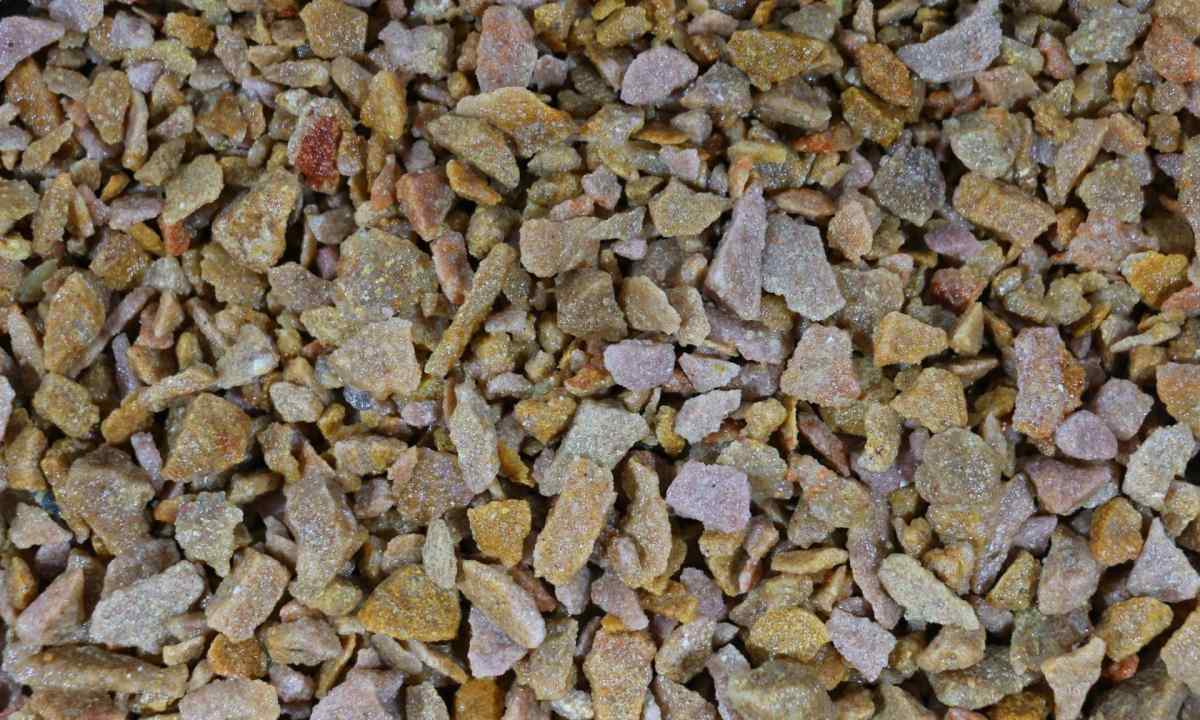When choosing crushed stone for production of construction jobs the experts pay attention to material consolidation coefficient. This parameter allows to find out how crushed stone volume at preservation of initial weight at natural shrinkage is capable to decrease, in transit or tamper.
General information about crushed stone
Crushed stone is widely used in various industries – first of all in construction. Receive this material by means of crushing of solid rock. Raw materials are extracted by carrying out boulder blasting during developments in pits. The got breed is split up for the purpose of receiving separate fractions of crushed stone. Main fractions of crushed stone:
- 40-70 mm;
- 20-40 mm;
- 5-40 mm;
- 5-20 mm;
- 5-15 mm.
The fraction of 5-20 mm is considered the most popular. Such material can be used with success for construction of the bases; production of railway tracks and ballast layers of routes; as additives in construction mixes.
Granite crushed stone is considered the most widespread. It has high frost resistance and low water absorption. It is important at construction of building constructions. Abradability of granite crushed stone and its durability conform to requirements of standards.
Crushed stone consolidation coefficient
The crushed stone consolidation coefficient similar to material shrinkage is of particular importance. The average density of crushed stone is 1.4-3 g/cc. Granite crushed stone generally has degree of compaction of 1.1 g/cc. Consolidation of crushed stone is defined by its sizes and physical characteristics.
When speak about crushed stone consolidation, often mean the size characterizing extent of contraction of volume of this material. Transformation of crushed stone results from natural consolidation during transportation or at tamper.
The considered indicator is taken into account when calculating mass of the purchased material; when determining consumption of crushed stone during construction jobs. The coefficient of consolidation of crushed stone is used also when calculating need for material for charge of sections of certain square.
Knowing coefficient of consolidation of crushed stone of certain fraction, it is possible to calculate the mass of material. For this purpose it is necessary to increase the cash volume of container by coefficient of consolidation and so-called bulk density.
The coefficient of consolidation of crushed stone is in direct dependence on fraction. The material particles are larger, the it is less than a coefficient. When calculating also the humidity of material and some other parameters are by all means considered.
Shrinkage parameters (consolidation coefficient) of crushed stone are determined by the producer. This characteristic is entered in the passport which is attached to each consignment of material. Measurements on construction sites make by means of the densitometer. The degree of compaction of material is determined by indications of unit resistance at the time of immersion of tip of the device in mix.

